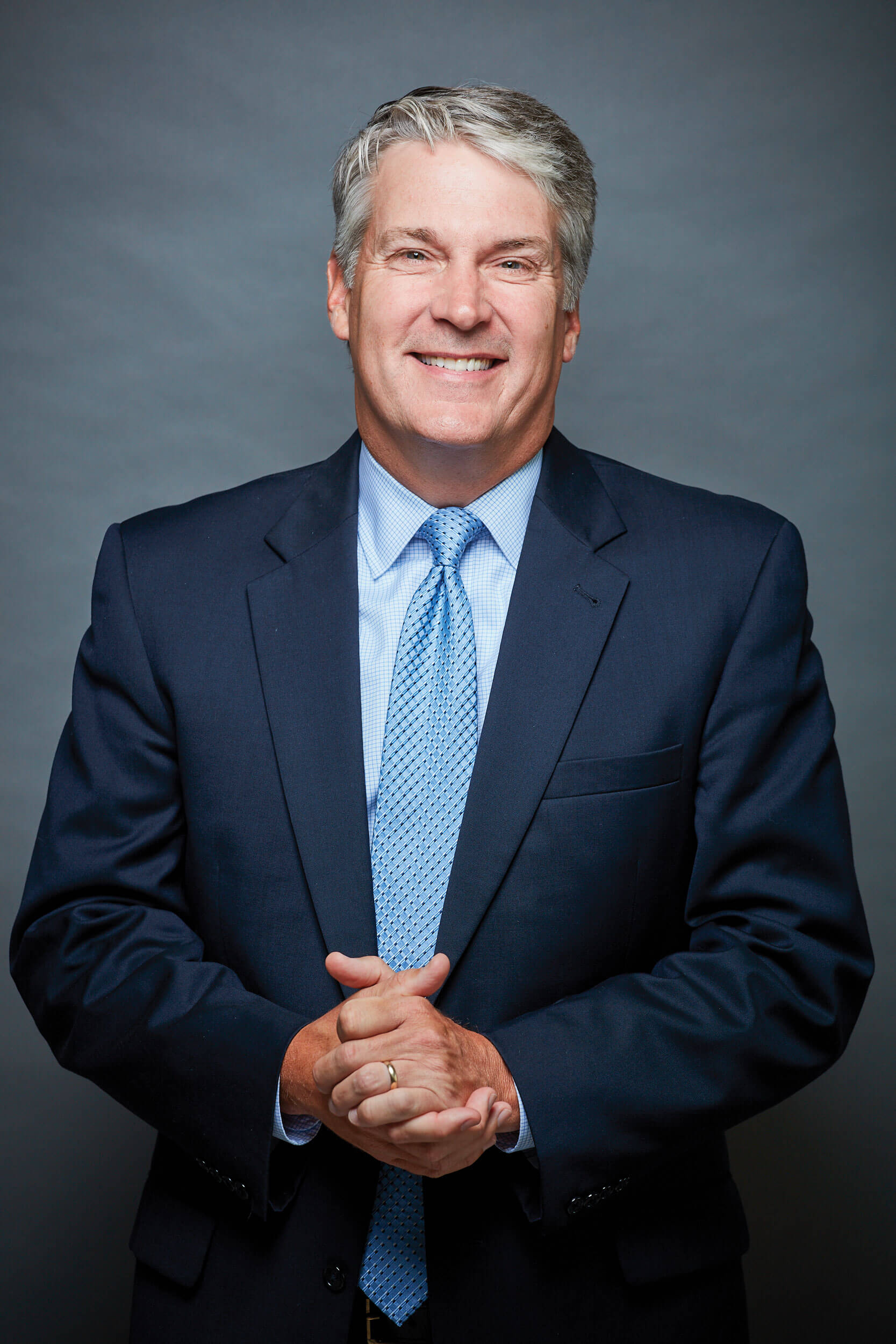
Rising to the Occasion
President Leahy reflects on the University’s response to these challenging times, and highlights one key priority for the years to come.
The great American poet Maya Angelou once wrote: “You may not control all the events that happen to you, but you can decide not to be reduced by them. I’ve learned that whenever I decide something with an open heart, I usually make the right decision.” During this uneasy time of global pandemic and racial unrest, Monmouth University has tried to open our hearts and to make the right decisions for our students, our faculty members, our staff, and our community.
Indeed, since the onset of the COVID-19 pandemic, Monmouth University has taken decisive action to meet the needs of our students. We quickly migrated all academic programming to remote teaching and learning, successfully completing the semester for our enrolled students with one of the most flexible grading policies in the country. We were among the first in New Jersey to decide to refund unused housing, parking, and meal plan fees and among the first to get these funds back into the hands of our students. We continued throughout the spring semester to fund all on-campus student jobs, whether students were actually able to work remotely or not. Even before relief to students was provided by the federal CARES Act, we launched our own President’s Relief Fund to provide emergency student assistance, distributing more than $260,000 in cash grants to our students facing the greatest financial hardship. Throughout the semester we also worked very intentionally to continue to provide the close emotional connections that are the hallmark of a Monmouth education, personally reaching out to each of our 5,676 students to check on their progress and generally see how they were doing. The financial impact of many of these decisions was significant, but there is no question that in each instance it was the right thing to do.
In addition, we served as an important resource to the greater Monmouth County community by donating our entire stock of personal protective equipment, providing free meals to front-line healthcare workers and first responders, and even housing health care workers in underutilized student residence halls.
In the midst of navigating the pandemic, Monmouth University also joined the national conversation on racial justice when our Board of Trustees decided to rename Woodrow Wilson Hall. Wilson’s racial intolerance in the context of Monmouth University’s educational mission—and his legacy as a university president who excluded Black students—directly contradicts our core values. Moreover, there is no historic affiliation or link between Wilson and Monmouth University as an institution, only to our location. During his 1916 re-election campaign, Wilson stayed from September 1 to November 8 in the Shadow Lawn mansion, which burned to the ground in 1927. The current administrative building was not built until 1929, five years after his death, and the building would not be named for Wilson for another 40 years.
Given the lack of connection between Wilson and Monmouth, as well as the increasing understanding of Wilson’s controversial positions, we decided to return the building name to its earliest affiliation with Monmouth—the Great Hall—and to further recognize the historical roots of the original estate—Shadow Lawn—designating the structure as The Great Hall at Shadow Lawn. The time seemed right for such a change.
Furthermore, the board voted to establish a permanently endowed Diversity Initiatives Fund, with an initial allocation of $3 million. Growing the size of this fund will become a key philanthropic priority for the University in the years ahead. This restricted endowment will support diversity programming and educational initiatives, curricular and cocurricular integration, diverse faculty and staff recruitment, and other related efforts, all aimed at cultivating a welcoming and inclusive campus environment for all members of our University community.
I share this information out of an overwhelming sense of pride in Monmouth, as well as incredible gratitude for the dedicated team of faculty members, staff colleagues, trustees, and donors who have kept us moving forward with boundless reserves of determination, constantly opening their hearts and making the right decisions.
I hope you are as proud of our university as I am at the end of my first year, and I hope I can count on you for your continuing support in the months and years to come.